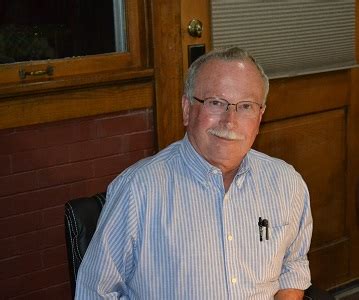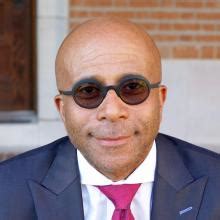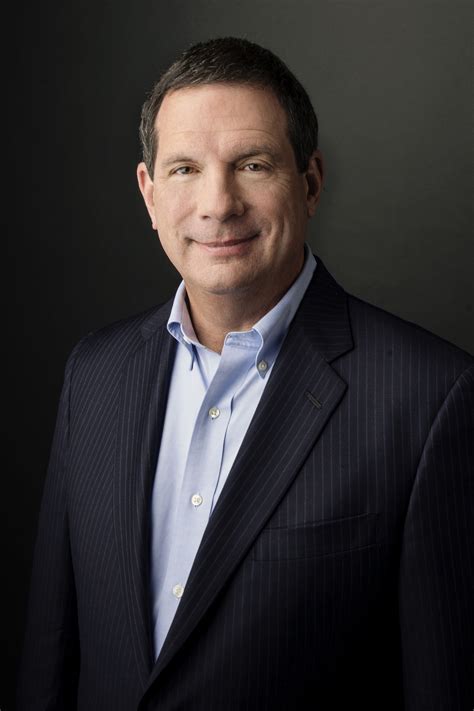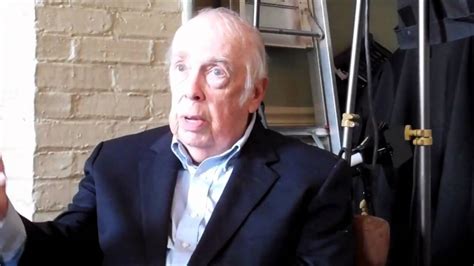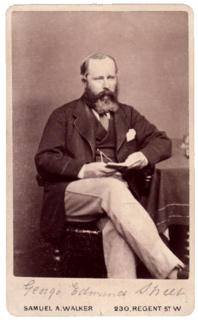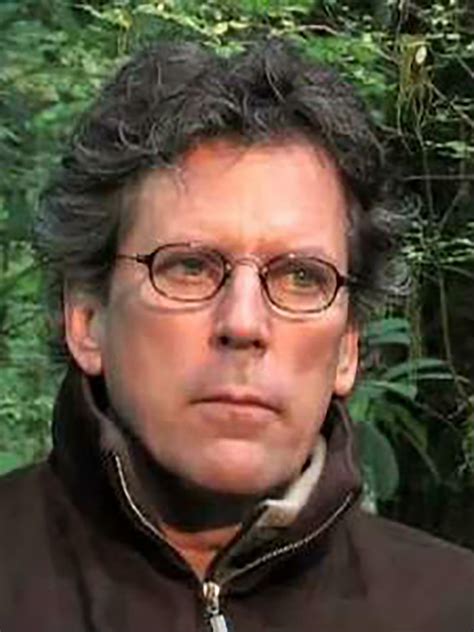Top 1074 Churches Quotes & Sayings
Explore popular Churches quotes.
Last updated on April 14, 2025.
I don't have any complaints about homosexuals being married in a civil ceremony. But I don't think that the government ought to require religious organizations, churches, should perform marriages between homosexuals if a local congregation decides otherwise. I believe in the autonomy of individual churches.
There's one denomination in particular, though, that has pushed very hard to be multiracial in its denomination - not only its denomination but, I mean, in its congregations, and it's called the Evangelical Covenant Church, http://www.covchurch.org/ which is headquartered in Chicago. Their whole goal is that's the kind of churches they start, multiracial, and I think they say now 20 percent of their churches are that.
Churches can easily bring together, in a short period of time, a substantial number of people, and politicians have to assume that these folks have the potential to vote. Although there's supposed to be a separation of church and state, they want to go to these churches to say hello to the people, and they assume their hello might turn into votes.
Many churches of all persuasions are hiring research agencies to poll neighborhoods, asking what kind of church they prefer. Then the local churches design themselves to fit the desires of the people. True faith in God that demands selflessness is being replaced by trendy religion that serves the selfish.
What James Madison and the other men of his generation had in mind when they wrote the First Amendment was that there should be no official relationship of any character between government and any church or many churches, and no levying of taxes for the support of any church, or many churches, or all churches, or any institution conducted by any of them.
Contemporary American churches in particular do not require following Christ in his example, spirit, and teachings as a condition of membership-either of entering into or continuing in fellowship of a denomination or a local church.... Most problems in contemporary churches can be explained by the fact that members have not yet decided to follow Christ.
On a nationwide basis, I would guess that the various churches would have to pay annually an amount at least equal to the national debt. But it's impossible for me to make an exact estimate, because the churches hide their wealth in every way they can - deliberate falsification as to the value of property, registering it under phony names in order to obscure the fact that the Church owns the property.
If outside forces and culture were the reasons behind declining and non-influential churches, we would likely have no churches today. The greatest periods of growth, particularly the first-century growth, took place in adversarial cultures. We are not hindered by external forces; we are hindered by our own lack of commitment and selflessness.
The churches rose to power on the income from tax-free property. What earthly -or heavenly- right have they got to enjoy a privilege denied to everyone else, even including nonprofit organizations? None! My contention is that with the churches exempted from property taxation, you and I have to pay that much more in taxes to make up for what they're not contributing.
There is not a history of black intellectuals being allied with dominant forces to hold white people in social and cultural subordination for a few centuries. Second, the "our" of black folk has always been far more inclusive that the "our" of white folk. For instance, there would have hardly been a need for "black" churches if "white" churches had meant their "our" for everybody - and not just white folk. But "our" black churches have always been open to all who would join. The same with white society at every level.
After the Church of Jesus Christ of Latter-day Saints was organized, there were only two churches upon the earth. They were known respectively as the Church of the Lamb of God and Babylon. The various organizations which are called churches throughout Christendom, though differing in their creeds and organizations, have one common origin. They all belong to Babylon
Churches are tax exempt because they are supposed to provide a public good. To prove that good to the IRS, churches arent supposed to hoard their money. They are supposed to spend it on goods and services for the faithful. Under this pretense, the church has made massive investments in tax free real estate all over the world. And when it comes to labor costs, they are almost free.
We do it all the time, we legislate taste. We do it with the tax code. Churches and children get a tax break, because it's assumed that we all agree that we want to encourage churches and children. I don't. I don't. That's my opinion. I don't want to encourage either churches or children, and it's a very bad idea to put them together.
Most of what I have seen, the churches that are growing are the best are those that are nondenominational. But I don't think it's because they are nondenominational. I think that there's a certain method by which they go about reaching out to people that are not as traditional as your mainland churches generally do.
The Church is not segregated by region or cities. That's an antiquated view of the world. We are united with churches all over the world working toward common goals based on shared values. Mosaic is one of the most racially diverse churches on the planet. Our community and extended Church family is global and completely integrated.
But I hope that by the decision and authority of wise princes that sometime devout and learned men from the churches of other nations and of ours may be summoned together to deliberate about all the controversies and that there be handed down to posterity one harmonious, true, and clear form of doctrine, without any ambiguity. Meanwhile, as far as possible, let us encourage the union of our churches with measured advice.
Churches are the primary partners that work with Habitat in an almost infinite variety of creative overlapping circles. We cherish these partnerships with churches…I have always seen Habitat for Humanity as a servant of the church and as a vehicle through which the church and its people can express their love, faith, and servanthood to people in need in a very tangible and concrete (literally!) way.
The Bible says that in the last days, there will be people in our churches who are not true believers, among other things. Because of watered-down messages and compromise, people will feel comfortable in certain churches because they are never confronted with their sin. I believe my job as a pastor is to comfort the afflicted and to afflict the comfortable.
Well, the mission statement of Heart of David is that we're a ministry of evangelism and encouragement. Evangelism meaning that I evangelize I travel on a weekly basis to churches not only churches but I find myself doing a lot more men's events, I talk to a lot more men and I go to a lot of prisons.
But I must add that the U.S. government must not, as by this order, undertake to run the churches. When an individual, in a church or out of it, becomes dangerous to the public interest, he must be checked; but let the churches, as such take care of themselves. It will not do for the U.S. to appoint Trustees, Supervisors, or other agents for the churches.
There are three things, and it depends on the group that we're talking about, but there's history, there's culture, and then there's social networks. So, you know, historically black and white, they worship together until about the end of slavery, and people started moving out into separate churches. But it was because of discrimination and racism and such that blacks began to establish their own denominations and their own churches.
There could be no more powerful argument against mixing religion and government than the success of independent African American churches in placing racial segregation and discrimination on a reluctant nation's social agenda. Would black churches have been able to take the lead in the struggle had they been dependent on funds doled out for 'faith-based initiatives' . . . ?
The churches that are growing and thriving are churches that I would call evangelical and orthodox for the most part in their beliefs. They are churches that tend to evangelize ... and encourage their people to share their faith. These are the churches that are actually growing. The ones that are shrinking are the ones that are compromising and watering down what the word of God says.
At a time when many churches throughout the world are experiencing significant decreases in numbers, The Church of Jesus Christ of Latter-day Saints - though small in comparison with many others - is one of the fastest growing churches in the world. As of September 2013, the Church has more than 15 million members around the world.







